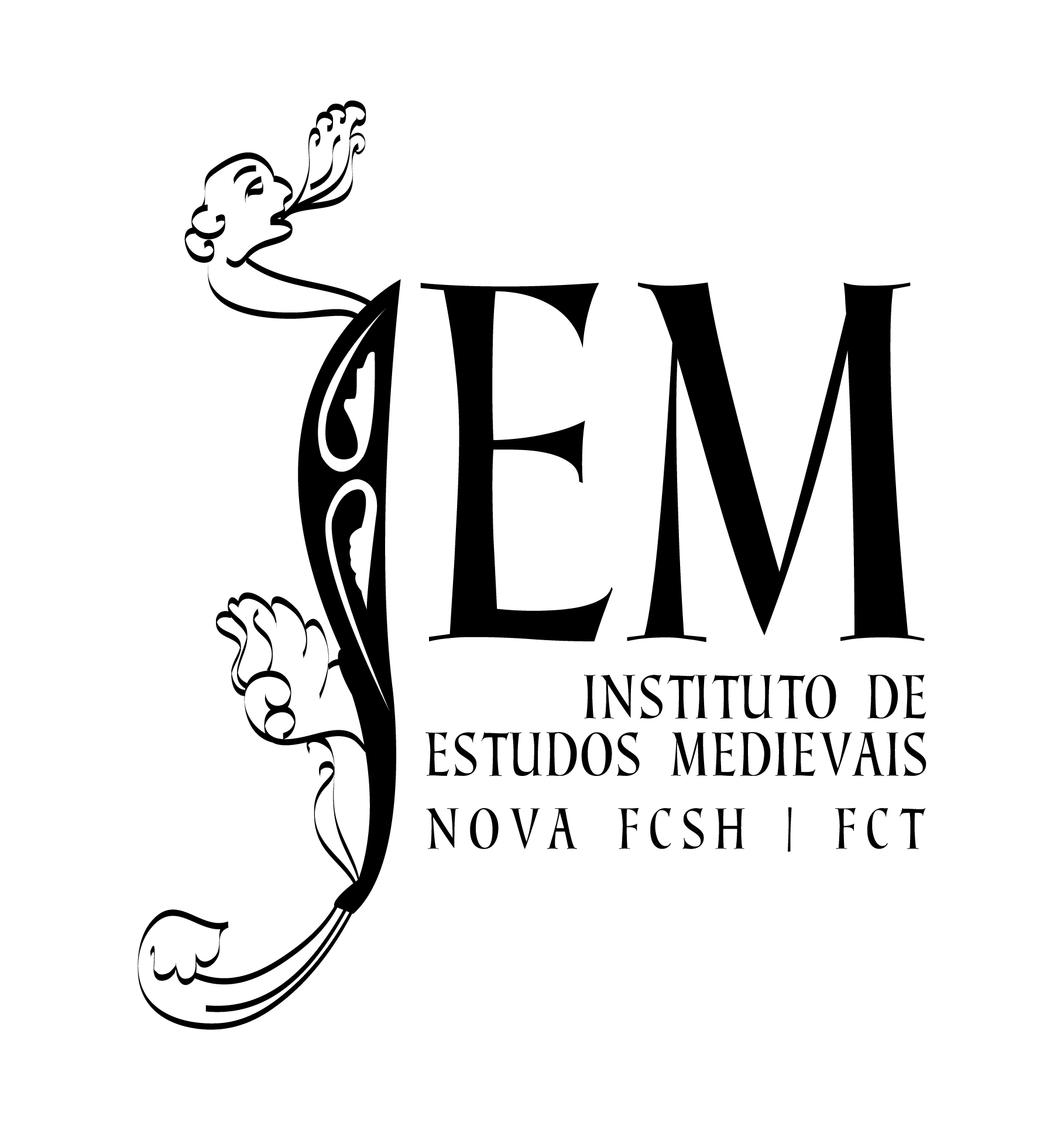Medieval troubadour
Bibliographic notes
We don’t have any data regarding this author that would allow us to establish a minimum biography. The nickname Engeitado(roughly, rejected) seems to point, at first glance, to his condition as minstrel. However, Resende de Oliveira, based on his placement in the Italian aphographs, were he appears integrated in the Portuguese troubadour’s area, suggests that he may have been one of them, and that his nickname may have been due to a disenheritance or another family dispute. There’s also no consensus in regarding his period of activity, with Minervini2 suggesting the first half of the 13th century (that is, the inicial period of the school) and Resende de Oliveira pointing to late 13th century and the early years of the next one. His three songs, that present a certain degree of originality more plausible in a context of early experimentation, seem to favor Minervini2’s theory, but without more solid documental elements it’s hard to come to a conclusion.Bibliographic references
1
Oliveira, António Resende de
(1994),
Depois do espectáculo trovadoresco. A estrutura dos cancioneiros peninsulares e as recolhas dos séculos XIII e XIV
Lisboa, Edições Colibri
2


